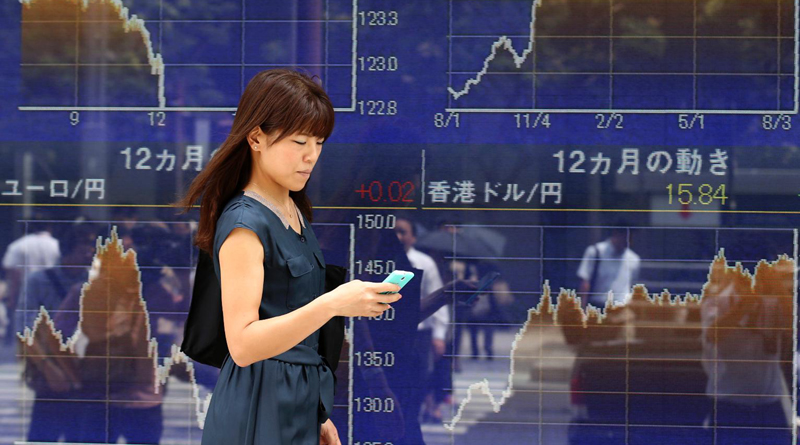TOKYO: The word gaijin is used in Japan both to describe foreigners, and to suggest their inability to truly understand Japanese culture. The term no doubt came to mind Thursday when the non-Japanese president of the giant Internet firm SoftBank used his own money to place a big bet on the company. Japanese business executives might be tempted to dismiss the news as a typically superfluous gaijin flourish. They would be far better off if they simply followed SoftBank’s lead.
Nikesh Arora joined SoftBank in late 2014 after stints at Google and an eclectic mix of tech and finance jobs from Deutsche Telecom to Putnam Investments. The promotion last month of the 47 year-old Indian-born outsider to president confirmed founder Masayoshi Son’s desire to expand beyond Japan’s aging, shrinking market — and to flout the prevailing norms of corporate Japan. That became clearer than ever this week, when Arora pledged to buy $483 million of SoftBank shares in a “personal bet” on his ability to generate growth and profits. In taking a page from Tesla’s Elon Musk, Arora single-handedly boosted SoftBank shares 2.2 per cent on Thursday. He also managed to make a mockery of Twitter CEO Jack Dorsey’s comparatively piddling $875,000 binge on his own company’s stock. Arora’s purchase sends an important message to corporate Japan. For decades, Japanese CEOs have considered corporate governance a contradiction in terms, a vague Western construct that had little bearing on their leadership. Prime Minister Shinzo Abe has tried prodding executives to embrace global business practices by urging shareholders to speak out, highlighting well-runs companies, and asking boards to add more outside directors.
